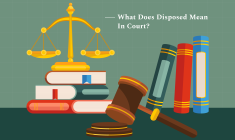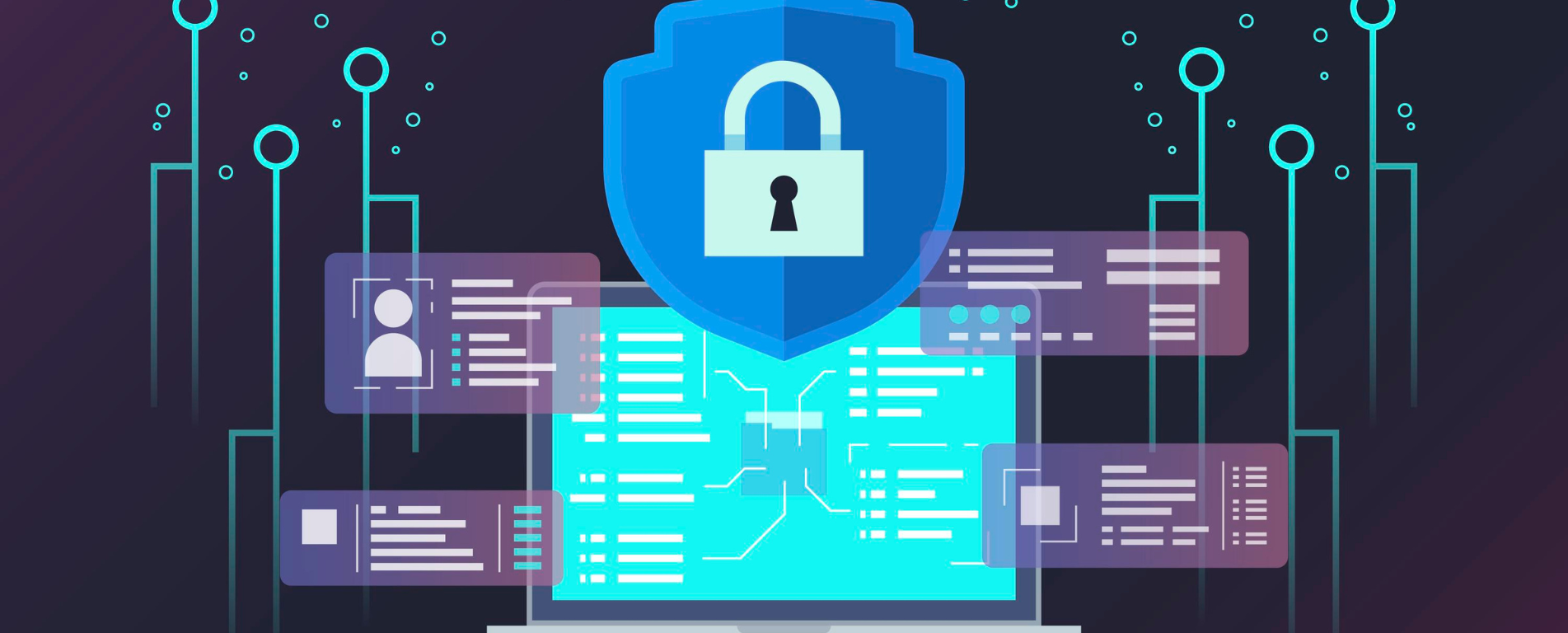It’s wild how fast AI is reshaping the legal world—especially when it comes to contracts. What used to take teams of lawyers and piles of paperwork can now happen in minutes. Software reads, edits, and even negotiates terms before you’ve finished your coffee.
This isn’t science fiction anymore; it’s just the new normal. At Traverse Legal, we’ve been watching this shift unfold up close, helping clients figure out how to stay smart—and safe—while using these new tools.
But here’s the thing: AI doesn’t always “get” nuance. It might miss the tone of a clause or misread a single word that changes everything. That’s where SaaS lawyers step in.
The Shift Toward Automated Negotiation
Not long ago, negotiating a contract felt like running a marathon in slow motion—draft, redline, repeat. Now? Digital platforms can comb through documents, highlight key clauses, and suggest edits based on what’s worked in past deals. It’s faster, cleaner, and yeah, a lot less tedious.
But you will need a SaaS lawyer to review everything, as automation cannot handle all the tasks. They don’t fight against automation—they guide it. Their job is to make sure the tech enhances human judgment instead of replacing it. It is for the betterment of the job.
By pairing solid legal instincts with an understanding of how algorithms work and technological awareness, SaaS attorneys keep negotiations efficient and safe. They’re basically translators between code and contract language.
How AI Is Transforming Contract Management
The speed is the real game-changer here. Modern software can scan thousands of contracts in the time it used to take to read one.
It spots patterns, predicts negotiation outcomes, and flags risky language before problems start. That kind of insight is powerful—but it still needs a human gut check.
This is where SaaS lawyers shine. They review the algorithm’s work, making sure those automated suggestions actually line up with company policies and the law.
Without that oversight, you’re basically letting a robot steer the ship with no compass. Their guidance keeps things accurate, compliant, and—most importantly—fair.
SaaS Lawyers And The Legal Implications Of Algorithmic Negotiation
When AI gets involved in deal-making, new questions pop up fast. Who’s responsible if an algorithm agrees to a bad term? Can software “negotiate” in a legal sense?
SaaS lawyers are the ones setting those boundaries—who’s accountable, where liability falls, and how transparent the whole process has to be.
They’re also watching what happens to all the sensitive data these systems handle. Contracts are packed with private info, and mishandling it can land a company in hot water. Lawyers make sure privacy laws and cybersecurity rules aren’t just an afterthought.
And then there’s bias—algorithms learn from past data, which can bake in unfair assumptions. SaaS lawyers dig into how these systems are built to make sure the tech treats everyone the same way.
Balancing Efficiency And Oversight
Sure, automation speeds things up. But faster isn’t always better if accuracy takes a back seat. That’s why human oversight still matters. SaaS lawyers review the auto-generated text, spot the weird phrasing, and catch small errors that could turn into big problems.
When humans and tech work together, it’s kind of the best of both worlds. The software takes care of the repetitive grunt work, and the lawyers focus on strategy and negotiation.
That combo improves accuracy and productivity while keeping the process human and store sensitive information.
And every company using automation needs a rulebook—clear policies about when a person has to step in. SaaS lawyers help write those playbooks, so no one leans too heavily on the machine.
Contract Customization And Smart Clauses
Here’s where things get really interesting: smart clauses. These are contract terms that automatically trigger an action when a condition is met—releasing a payment, renewing a subscription, or triggering compliance checks.
Super convenient… until the wording’s off by a hair and causes chaos.
That’s why SaaS lawyers are critical in drafting these clauses. They make sure the triggers work as intended and stay within legal limits. In plain terms, they turn complicated code logic into everyday language that anyone can understand. It’s part translator, part safety net.
Customization’s another big win. Today’s systems can tailor contracts for different industries, clients, and even regions, pulling data from past deals. Lawyers still step in at the end, though, checking that the details match the right laws and local requirements.
Data Ethics And Compliance
These AI tools live and breathe data. They collect it, analyze it, and, if not monitored, can easily overstep privacy lines.
That’s why SaaS lawyers keep a close eye on how platforms handle sensitive info. They make sure everything aligns with rules like GDPR and CCPA—and that clients actually know how their data’s being used.
Transparency’s another big deal. When companies openly share that AI is part of the process, it builds trust and keeps them out of legal gray zones. No surprises, no lawsuits.
And because regulators keep rewriting the rulebook on AI accountability, lawyers have to stay one step ahead. Their job’s not just to follow the law—it’s to see what’s coming next.
Changing The Legal Workforce
AI-driven contract management isn’t just changing how deals are written—it’s changing how legal work feels.
Instead of endless edits, lawyers can focus on strategy while letting software handle the grunt work. But no matter how smart the tech gets, you still need humans to keep it honest.
That’s where SaaS lawyers come in. They’re the bridge between innovation and legal integrity, making sure automation stays a tool—not a risk.
At Traverse Legal, we’ve seen firsthand how blending AI with real legal expertise helps clients move faster and smarter. It’s a new era for contracts—and the lawyers who know how to negotiate with algorithms are leading the charge.
















